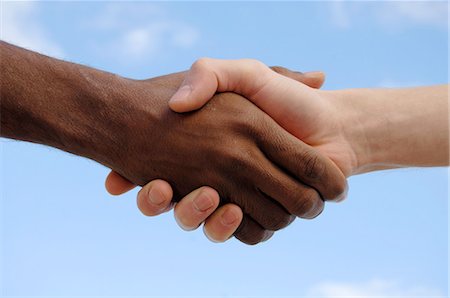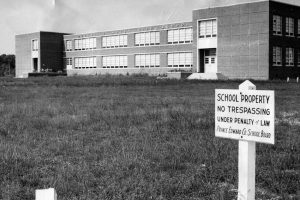Growing up in Farmville, VA, an area where education was stalled to combat integration in public schools during Massive Resistance, John, a 72-year-old African American male, reads at a 3rd-grade level. Although he cannot change the actions of the past, John is determined not to become a victim of the misfortunes he faced growing up. On his 60th birthday, John decided he would like to obtain his GED.
After joining a tutoring session, John met a gentleman who at first glance he thought came from a different walk of life. The gentleman was around John’s age, but he was white and from a surrounding county. They sat in tutoring sessions for weeks never once speaking to each other. It wasn’t until they were given the assignment to pick a book to read that they acknowledged each other. They both selected the same book and were asked to read it together. John had his reservations. He knew why his education had stalled but couldn’t figure out why his classmate’s reading level was the same as his.
In reading their chosen book, they found out they had much in common. They both enjoyed baseball, recognized the importance of the church and family, and that they both were proud of being hardworking men. But more importantly, they found that they were both impacted by the decisions of Massive Resistance. John never realized that there were white students who also had to deal with low education levels because they could not afford to attend private schools. Today John and who he found to be an unlikely friend remain in close contact.
As we celebrate National Best Friend Day, this story is great example of books can unite people from all walks of life – even when they seem to have nothing in common.
* Massive Resistance was a policy declared by U.S. Senator Harry F. Byrd, Sr. of Virginia to unite other white politicians and leaders in Virginia in a campaign of new state laws and policies to prevent public school desegregation, particularly after the Brown v. Board of Education Supreme Court decision in 1954.



